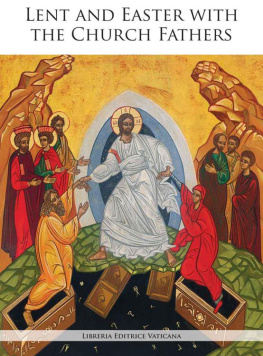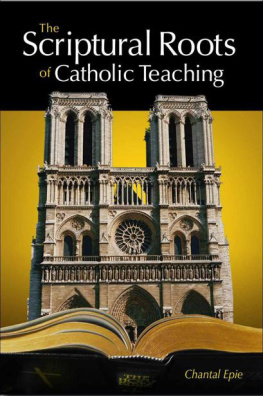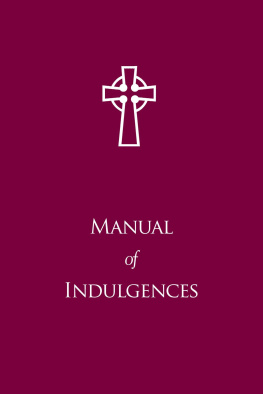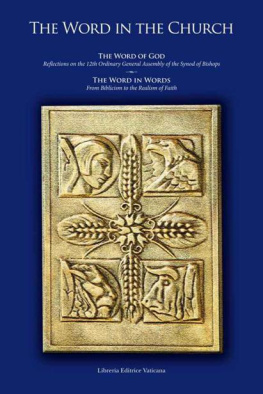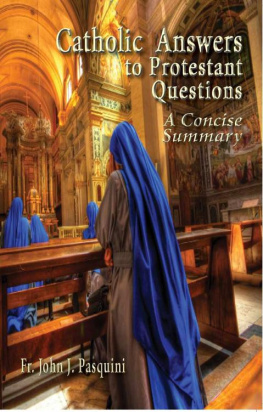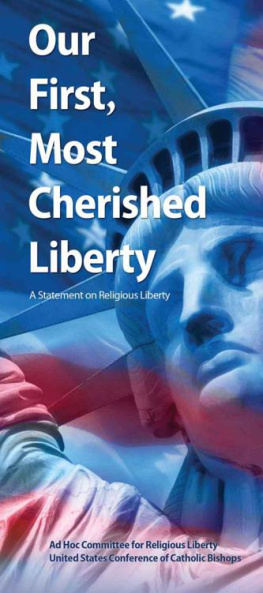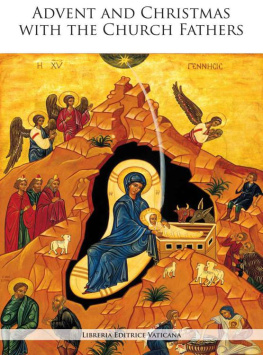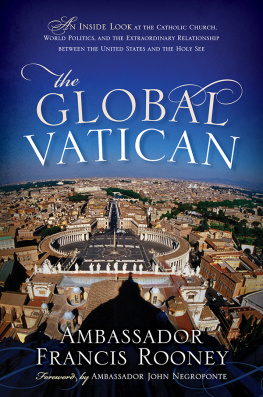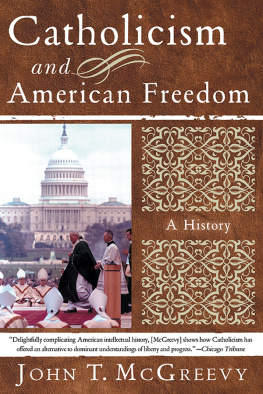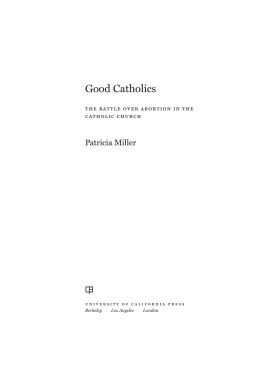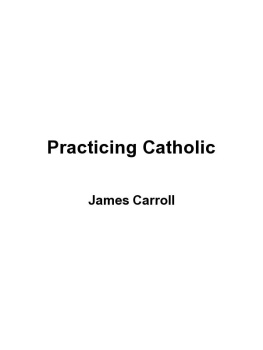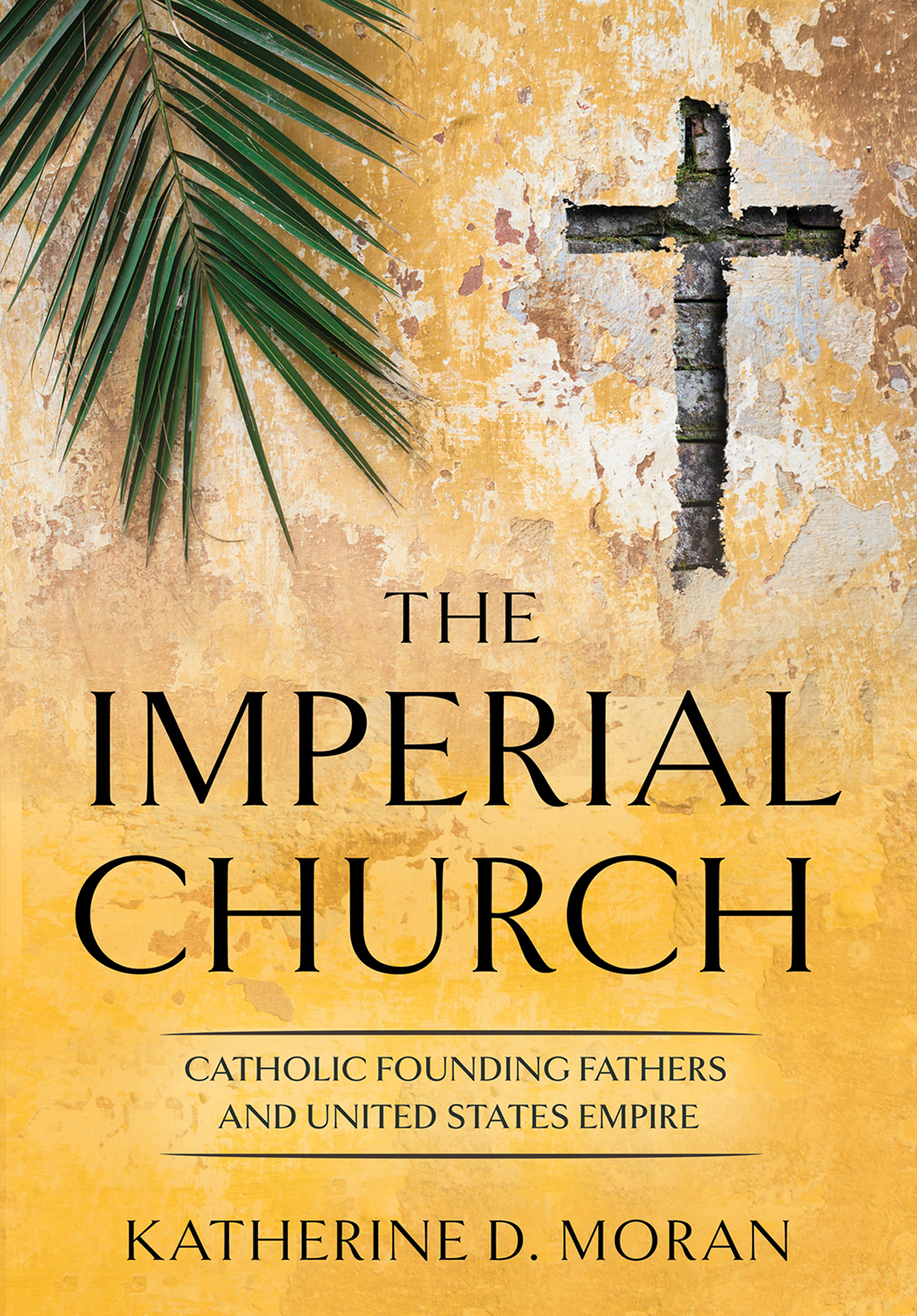Katherine D. Moran
Acknowledgments
One of the great pleasures of finishing this book is the opportunity to thank the many people and institutions who have been a part of its creation.
This book began at Johns Hopkins University, and I am grateful to Dorothy Ross for her uncompromising rigor and unflagging support. The work also benefited immensely from Ron Walterss good advice and wide-ranging knowledge, Jane Daileys incisive critique, and Nathan D. B. Connollys generous and generative final comments. I have also learned a great dealabout historical scholarship and so much elsefrom the friends and fellow scholars I was lucky to meet during graduate school, especially Amy Feng-Parker, Amanda Herbert, Cameron Logan, Clare Monagle, Catherine Molineux, Jessica Roney, Yael Sternhell, Molly Warsh, and the late Andre Young. Catherine, in particular, has commented on more drafts over the years than I can countand always with sparkling insight. Elizabeth and Len Liptak, friends from well before this book was conceived, opened their Sierra Madre home to me for a semester-long research trip, and remain my models for easy, welcoming hospitality. I am also grateful to the undergraduate professors who convinced me, by word and example, that humanistic scholarship is good work and worth doing: especially Virginia Anderson, Greg Johnson, and Mark Pittenger.
The bulk of this book was conceptualized and written while I was employed at two different universities and during a year I spent as a Fulbright fellow in Germany. It was a privilege to be a part of the history department at the University of WisconsinStevens Point. For their wise guidance and joyful company, I am especially indebted to Valerie Barske, Tobias Barske, Rob Harper, Nancy LoPatin-Lummis, and the late Sally Kent.
At the John F. Kennedy Institute for North American Studies at the Freie Universitt Berlin and the Institut fr Anglistik/Amerikanistik at the Universitt Osnabrck, I am grateful to friends and colleagues for warm welcomes, engaged scholarly communities, and daily lessons in the multiple ways U.S. History has been made abroad. Thanks in particular to Hans Anders, Frauke Brammer, Andreas Etges, Gudrun Lhrer, Ethan Miller, Simone Mller-Pohl, Ulrike Stedtnitz, and Olaf Stieglitz in Berlin, and to Sabine Meyer, Peter Schneck, and Jatin Wagle in Osnabrck. Dirk and Anne Kiso helped make Osnabrck home. I was also lucky to encounter Julia Nitz at the Center for United States Studies, Martin-Luther-Universitt Halle-Wittenberg, and Heike Bungert at the Department of History, Westflische Wilhelms-Universitt Muenster.
The department of American studies at Saint Louis University has been a rich and rewarding intellectual home. For their collegiality, encouragement, inspiration, and friendship, I am grateful to the fellow faculty and staff (current and emeritus) in my department: Heidi Ardizzone, Terri Foster, Benjamin Looker, Emily Lutenski, and Matt Mancini. Outside of my department, I have been fortunate to benefit from the advice and ideas of a number of colleagues, in particular Hal Bush, Mary Gould, Torrie Hester, Mark Ruff, and Silvana Siddali. For many comments on drafts, as well as for embodying scholarly generosity and interdisciplinary creativity, I am grateful to the Cultures of American Religion working group, especially to regular members (past and present): Isaac Arten, Colten Biro, Megan Brueske, Joel Cerimele, Molly Daily, Jeff Dorr, Idolina Hernandez, Amanda Izzo, Mark Koschmann, Rachel McBride Lindsey, Jack McLinden, Susan Nichols, Adam Park, Carlos Ruiz, Anna Schmidt, and Karen Skinner. For their hard work and probing questions, I thank the graduate assistants I have been lucky to work with: Aretha Butler, Victoria Cannon, Manuela Engstler, Melissa Ford, Mary Maxfield, Rebecca Preiss Odom, Ugur Ozturk, Kendyl Schmidt, and Anna Sweemer.
This book would not be possible without the expert work of curators, librarians, and archivists. I am grateful to those working at a number of repositories across the United States and in the Philippines. In California: Kevin Feeney at the Archival Center of the Archdiocese of Los Angeles; Anna Liza Posas and Kim Walters at the Autry Museum of the American West; Peter Blodgett, Juan Gomez, Kate Henningsen, Olga Tsapina, and Jenny Watts at the Huntington Library; Karen Raines and Steve Spiller at the Mission Inn Museum Archives; Kevin Hallaran at the Riverside Metropolitan Museum; and Ruth McCormick at the Riverside Public Library. In Colorado: Amy Brooks and Jessy Randall at the Tutt Library at Colorado College. In Illinois: Linda Evans at the Chicago History Museum; Kathy Young at the Loyola University Archives; and Keelin Burke, Will Hansen, and D. Bradford Hunt at the Newberry Library. In Wisconsin: Katie Blank, Amy Cooper Cary, and Susan Stawicki-Vrobel at the Marquette University Archives. And, finally, for research assistance and truly generous hospitality, in the Philippines: Mercy Servida at the Lopez Museum; and Joshua Amancio and Engracia Santos at the Rizal Library at the Ateneo de Manila University.
I would not have been able to conduct the research necessary for this project without generous financial assistance from a number of institutions. I am thankful for the support of the Johns Hopkins University, the University of WisconsinStevens Point, and Saint Louis University, as well as the Cushwa Center for the Study of American Catholicism at the University of Notre Dame, the Fulbright Program, the Huntington Library, the Historical Society of Southern California, and the Newberry Library.
The participants at a number of conferences have helped me hone my ideas: I am grateful for the comments and questions I received at annual meetings of the American Academy of Religion, the American Catholic Historical Association, the American Historical Association, the American Literature Association, the American Studies Association, the Association of British American Nineteenth Century Historians, the Organization of American Historians, the Society for Historians of American Foreign Relations, and the Society for U.S. Intellectual History. I have been honored to be invited to present work in progress at a number of seminars and colloquia, and thank those who made this possible and who offered comments and critique at: the Center for United States Studies, Martin-Luther-Universitt Halle-Wittenberg; the Cushwa Center for the Study of American Catholicism at the University of Notre Dame; the Department of American Studies at the Universitt Osnabrck; the Department of History at the Westflische Wilhelms-Universitt in Mnster; the Interdisciplinary Seminar at Hillsborough College in Tampa, Florida; the John C. Danforth Center on Religion and Politics at Washington University, St. Louis; the Research Colloquium at the John F. Kennedy Institute for North American Studies at the Freie Universitt Berlin; and the Vanderbilt History Seminar at Vanderbilt University.
At Cornell University Press, Michael McGandy saw the potential of this book early on and has remained a source of good advice and calm reassurance. I am very grateful for his ongoing faith in the project. Paul Kramer has been for years a model of rigorous scholarship and lucid prose: the time and insight he has given to this project as one of its series editors has been a true gift.
This book, and its author, would be nowhere without the community of friends and scholars who have given their time and critical vision to this work. In addition to those named above, I would like to thank my Young Scholars in American Religion cohortKate Bowler, Heath Carter, Joshua Guthman, Brett Hendrickson, Kathryn Gin Lum, Lerone Martin, Angela Tarango, Stephen Taysom, T. J. Tomlin, David Walker, and Grace Yukichand our mentors, Laurie Maffly-Kipp and Douglas Winiarskifor being a rigorous and creative community of inquiry, and good friends besides. Moving to St. Louis just as Laurie did was a great piece of luck, and I am deeply thankful for her inspiring example, leavening friendship, and good counsel. To her and to the rest of our St. Louis writing groupFannie Bialek, John Inazu, Mark Valeri, and Abram Van Engenthank you for your penetrating critiques and enlivening camaraderie, invaluable in equal measure. As the book was nearing completion, both Clare Monagle and John McGreevy generously offered comments on the entire manuscript: I am grateful for their insights and ideas, which have made the book substantially better. In the final stages, Torrie Hesters keen editorial eye was a welcome gift.



